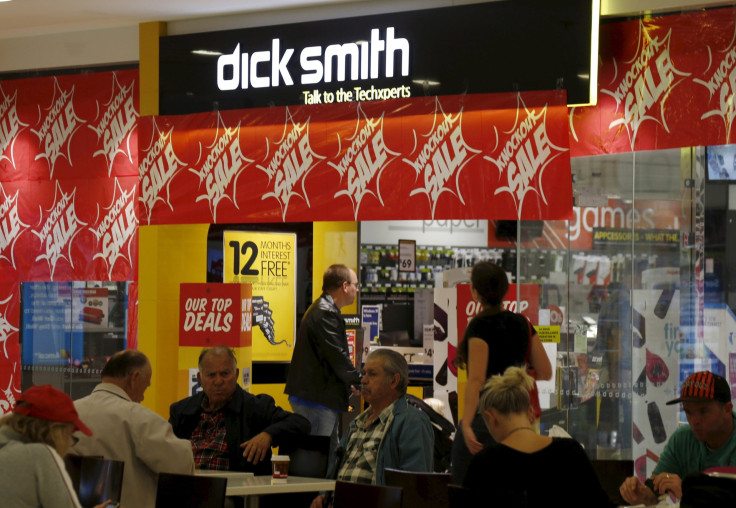Dick Smith announces no refund for deposits or honour for gift cards

Dick Smith on Tuesday announced that it will not honour gift cards or refund deposits for goods as the retailer has tumbled into administration which has put 3,300 jobs across its 393 stores at risk. This has put the customers in the same line with other unsecured creditors, and only a small amount of what is owed to them would be returned.
The retailer appointed Ferrier Hodgson as its receiver who attributed the move to the financial circumstances and said in a formal statement that outstanding gift vouchers would not be honored. He added that there would be no refund of the money deposited for goods. However, all the 393 stores would remain open and employees would continue to get their payments.
“Due to the financial circumstances of the group, unfortunately, outstanding gift vouchers cannot be honoured and deposits cannot be refunded,” the Herald Sun quoted Ferrier Hodgson partner James Stewart as saying.
Entrepreneur Dick Smith said that those who made profit out of the recent float should pay for the deposits of the customers and the gift cards.
“They most certainly should be refunded,” Smith told News.com.au. “Some of the people who made a fortune out of the recent float, they should pay back those people who’ve put down deposits. The company could not possibly afford to be that indebted, or have that value on the market.”
Smith, who is the founder of the retail chain, is no longer involved in the running of the business since he sold it to Woolworths in 1982. But he remains emotionally attached with his namesake retail chain.
McGrathNicol, an advisory firm, has been appointed by the retail’s board as the voluntary administrator to oversee the business in the coming four to six weeks, after it failed to secure bank funding. Funds raised from pre and post Christmas sales have also failed to fill up the gap, which is a cause of concern for those with outstanding orders.





















